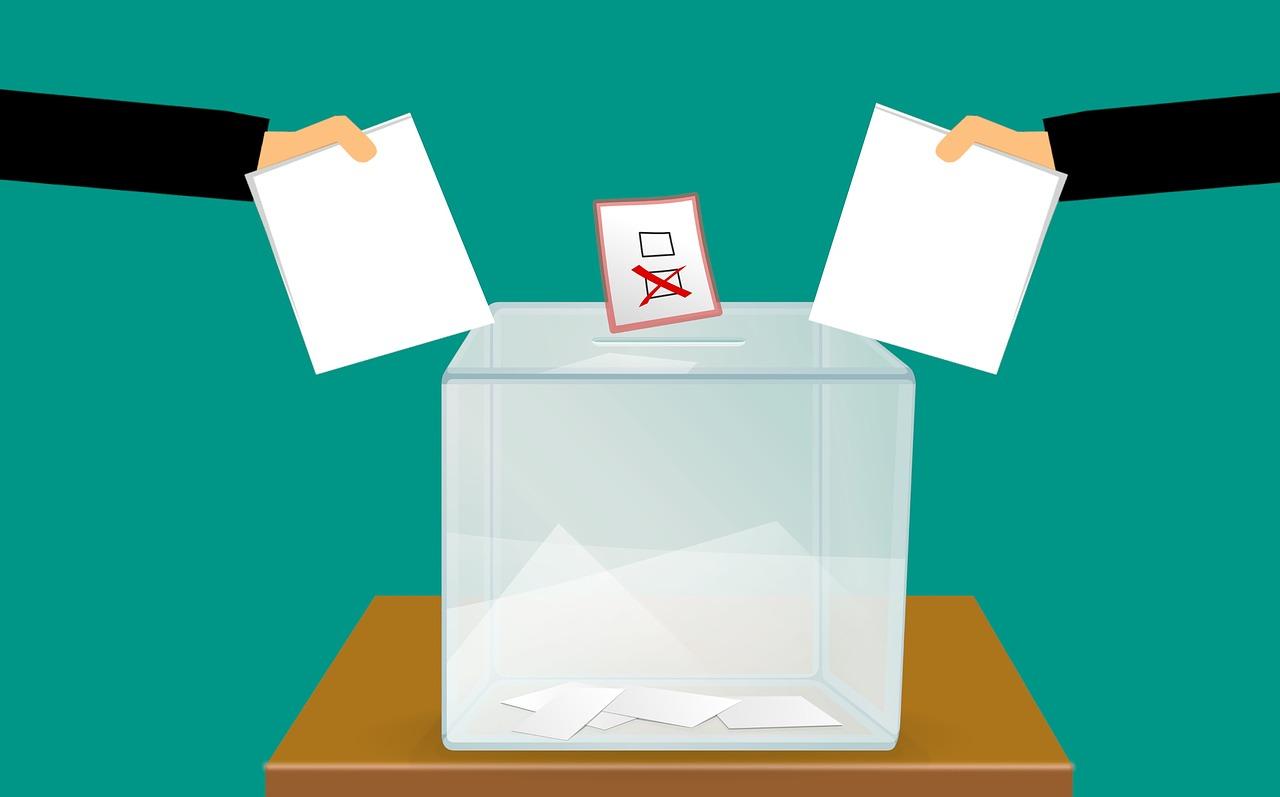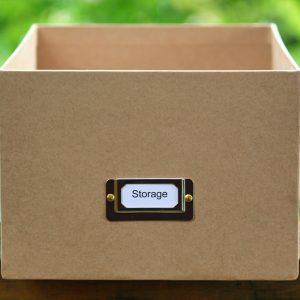Table of Contents
Moving house is thought to be one of the most stressful things you’ll ever endure. However, the seemingly endless amount of paperwork involved doesn’t just include the purchase and move, but you also need to update all the documentation that still states your old address.
As well as notifying all the obvious services like banks, utilities, and the DVLA, you’ll also need to change your address on the electoral register. The electoral roll is a list of everyone who is registered to vote in public elections and includes details of your name, address, and date of birth.
Ensuring your personal details on the register are up-to-date and correct is essential, not just for voting, but for improving your chances of getting credit.
Why do I need to update my details on the electoral roll?
The main reason you need to do the electoral roll change of address is to ensure it doesn’t affect your credit report and your chances of getting credit in the future.
Prospective lenders take your Electoral Roll status extremely seriously. It forms part of the ‘public’ element of your Credit Report at each one of the UK’s four Credit Reference Agencies and is one of the first things a lender will look at when deciding whether to lend to you.
Lenders use the information from the electoral roll to confirm your identity when you make an application for credit. The register displays your name and address, as well as how long you’ve been registered at that address. Thus, this provides a simple way of checking both your personal information and how stable you are in terms of residence.
So, make sure you keep your Electoral Register details up-to-date to ensure your credit report remains in good shape. This is especially important if you are planning on moving house soon and applying for a mortgage. A mortgage lender is much more likely to accept your offer if all your details are updated and correct.
How do I change my address on the electoral roll?
So, now we know how important updating the electoral roll when moving is, how do you do it?
Don’t worry! Updating your address on the Electoral Register is relatively straightforward and can be done in two ways.
First, you can change your Electoral Roll address by visiting the government website. Make sure you have your national insurance number to hand and input all the relevant details, including your name, address, date of birth, and nationality.
Alternatively, you can use an online change of address service to complete your electoral roll change of address. . This way, you can also update your details with all your other services and providers at the same time. All you need to do is input a few details and they’ll do the rest of the hard work for you.
What if I live at multiple addresses?
There are some circumstances where you may have multiple addresses. For example, you might be a student living away from home. Or, you may be splitting your time between your main residence and holiday home. So, which address do you register on the Electoral Roll?
In both of the above cases, it is possible to be registered to vote in two different electoral areas. However, you should note that it is illegal to vote twice in the same election.
When considering an application to register a person at a secondary address, you should consider the purpose for which the elector is present at that address. Their reason for being there will help establish whether they will be deemed a resident there. For instance, how the second home is used will affect whether or not someone may be considered a resident at an address.
A person might have more than one home, but property ownership is not sufficient to establish that someone is a resident at that address. It is unlikely that owning a second property that is only visited for recreational purposes would meet the residency criteria.
Do I have to be on the electoral roll by law?
You must register to vote if you’re asked to do so and you meet the eligibility criteria for registering. To be eligible to register for the Electoral Roll you must:
- A British citizen or a national of an EU or Commonwealth country
- 18 years or older
- A resident at an address in the area
- Free from any voting disqualifications
If you’re asked to register and fail to do so, you could receive a hefty fine and get a criminal record. Also, if you aren’t registered, you can’t contribute to the decision of who represents you or your local area, or who forms the next government.
As discussed earlier, the register is supplied to credit reference agencies, so a failure to register could also affect your ability to open a bank account, take out a mortgage or buy things on credit.
When registering, however, you can indicate whether or not you want your details included on the register. Opting out of this does not affect your voting rights or credit status.





